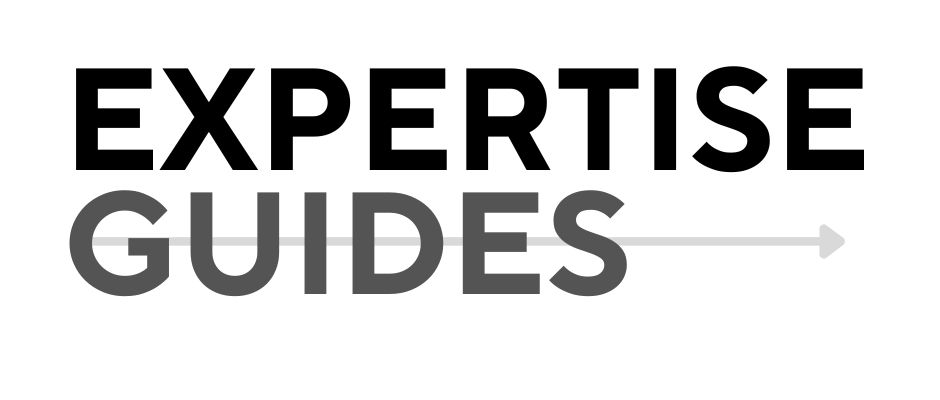Summary: Learn the essentials of creating compelling content that attracts clients and boosts your consulting business.
Information Type: Guidebook – Detailed instructions on high-impact content creation for business coaches and consultants.
The Ultimate Guide to High-Impact Content Creation for Business Coaches and Consultants
I. Introduction: The Power of Content in Attracting Clients
In today’s digital age, content is king, especially for business coaches and consultants looking to attract and retain clients. High-impact content creation is not just about producing large volumes of material; it’s about crafting messages that resonate deeply with your target audience and drive them to take action.
The role of content in modern marketing: Content serves as a bridge between you and your potential clients. It showcases your expertise, builds trust, and positions you as a thought leader in your industry.
Benefits of high-impact content creation: Effective content can generate leads, nurture relationships, and ultimately convert prospects into loyal clients. It also enhances your online presence and boosts your credibility.
Overview of the guidebook’s sections: This guide will walk you through understanding your target audience, crafting compelling content, optimizing content distribution, and measuring content performance.
II. Understanding Your Target Audience
A. Identifying your ideal client persona
Before you start creating content, it’s crucial to know who you’re talking to. Define your ideal client persona by considering demographics, psychographics, and professional characteristics.
B. Researching audience pain points and desires
Understanding the problems and desires of your audience is key to creating relevant content. Conduct surveys, interviews, and market research to gather this information.
C. Aligning content with audience needs
Once you’ve identified your audience’s pain points, align your content to address these issues. Provide solutions that demonstrate your expertise and value.
D. Addressing opposing viewpoints and building credibility
Engage with differing opinions respectfully and use them to strengthen your arguments. This approach not only builds credibility but also shows that you have a well-rounded perspective.
III. Crafting Compelling Content That Converts
A. Choosing the right content formats for your audience
Different audiences prefer different content formats. Whether it’s blog posts, videos, podcasts, or infographics, select the formats that best suit your audience’s preferences.
B. Creating attention-grabbing headlines and introductions
Your headline and introduction are the first things your audience sees. Make them count by crafting attention-grabbing, relevant, and engaging opening lines.
C. Structuring content for maximum impact and readability
Organize your content logically with clear headings, subheadings, and bullet points. This structure enhances readability and keeps your audience engaged.
D. Incorporating storytelling and case studies
Stories and real-world examples make your content more relatable and memorable. Use case studies to illustrate your points and show the impact of your services.
E. Balancing promotional content with valuable insights
While it’s important to promote your services, ensure your content also provides valuable insights. This balance keeps your audience engaged and positions you as a helpful resource.
IV. Optimizing Content Distribution and Promotion
A. Leveraging various content distribution channels
Distribute your content across multiple channels to reach a wider audience. This includes your website, social media platforms, email newsletters, and guest blogs.
B. SEO best practices for coaches and consultants
Optimize your content for search engines by using relevant keywords, meta descriptions, and internal links. This practice helps improve your content’s visibility online.
C. Utilizing social media to amplify your content’s reach
Social media is a powerful tool for content promotion. Share your content regularly on platforms like LinkedIn, Twitter, and Facebook to increase its reach.
D. Email marketing strategies for content promotion
Email marketing remains one of the most effective ways to promote content. Build a subscriber list and send regular newsletters that include your latest content.
V. Measuring and Improving Content Performance
A. Key metrics for tracking content success
Track metrics such as page views, engagement rates, conversion rates, and social shares to gauge the success of your content.
B. Tools for analyzing content performance
Use tools like Google Analytics, SEMrush, and Hootsuite to analyze your content’s performance. These tools provide valuable insights into what’s working and what needs improvement.
C. A/B testing and content optimization techniques
Experiment with different headlines, formats, and distribution channels to see what resonates best with your audience. Use A/B testing to refine your approach.
D. Continuously refining your content strategy based on data
Use the data you collect to continuously refine your content strategy. Stay flexible and adapt to changing audience preferences and market trends.
Follow me for more insights on content creation and business consulting. Comment with your thoughts and share this article with others who might find it useful.
By following this guidebook, you’ll be well-equipped to create high-impact content that attracts clients, builds credibility, and grows your consulting business.


